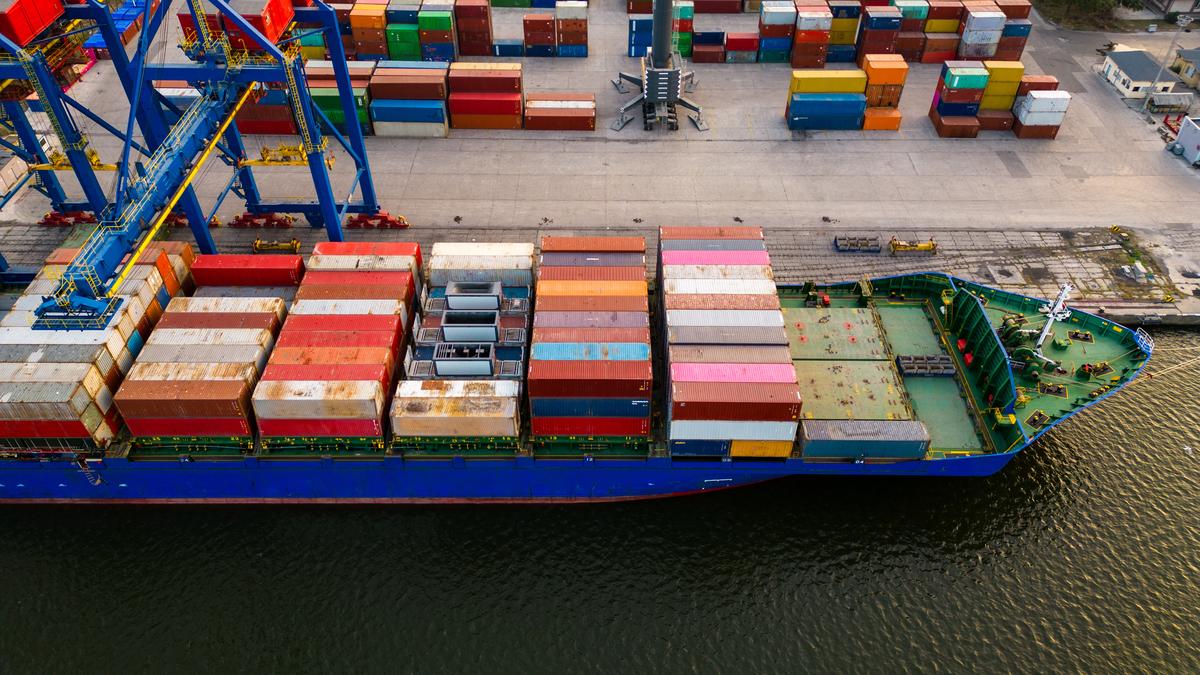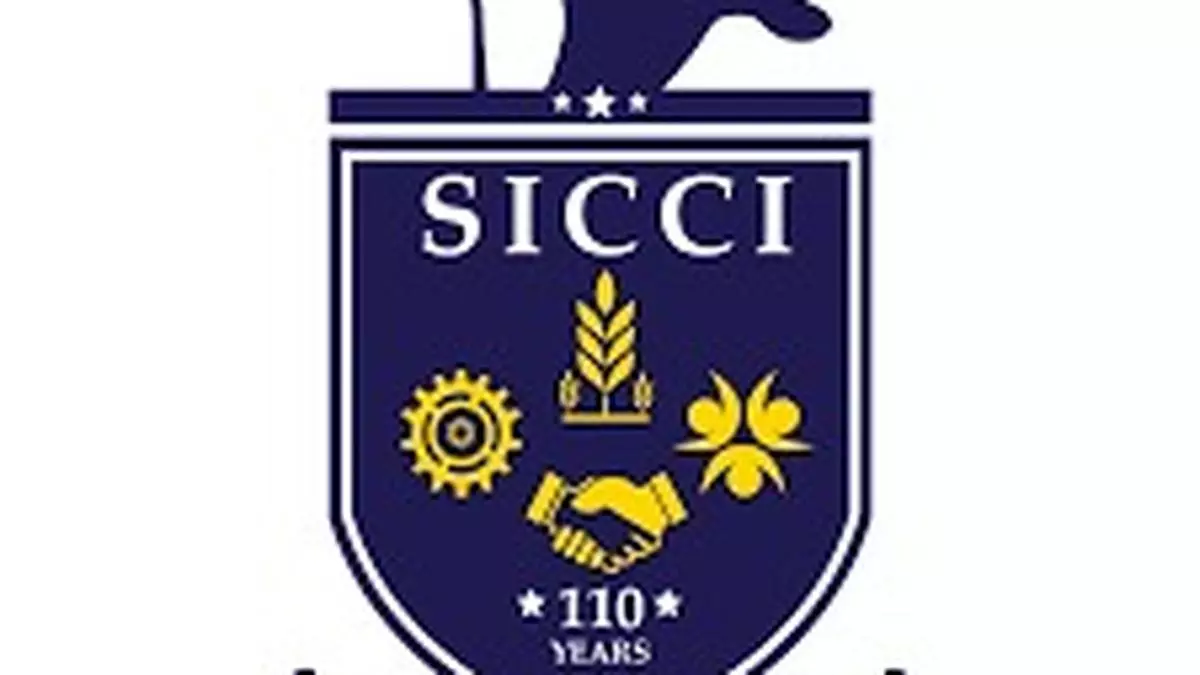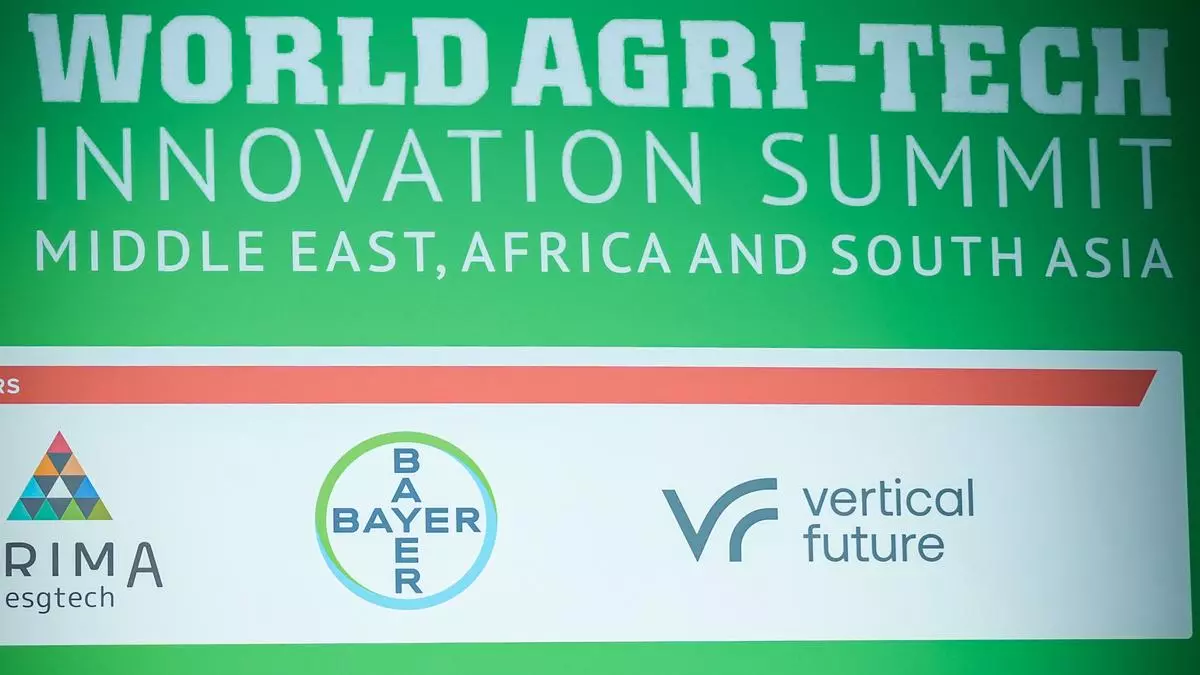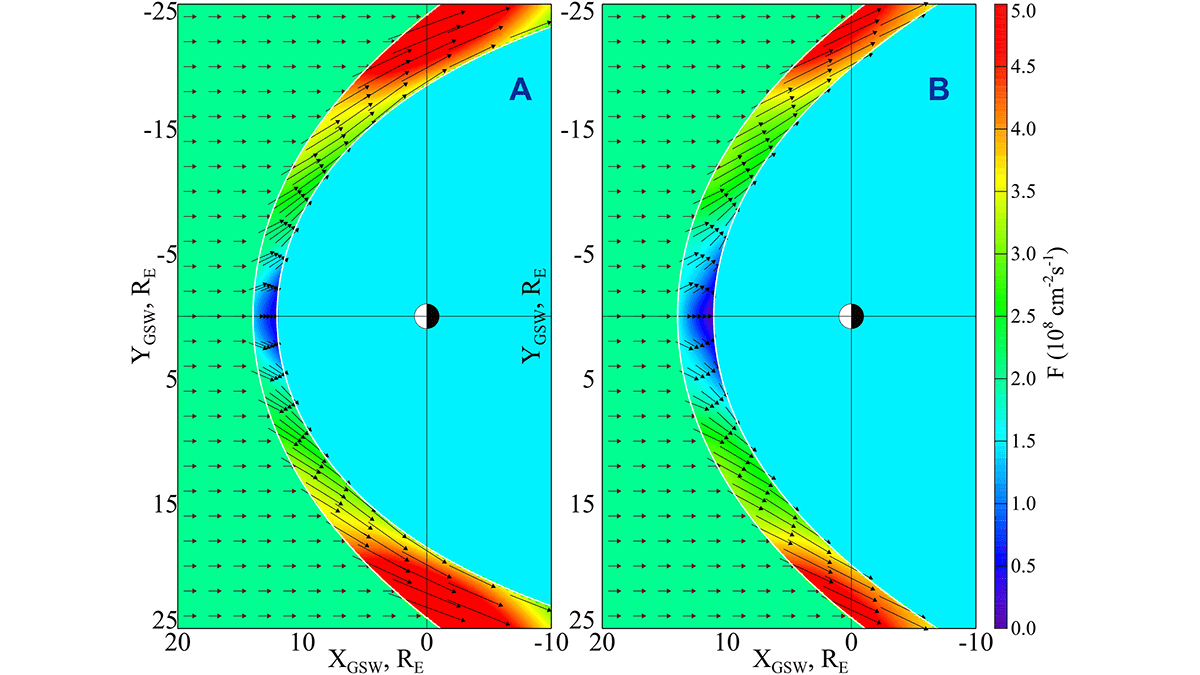Tata Sons Chairman N Chandrasekaran on Saturday said his company is fully committed to transforming Air India into a top-class airline, delivering exceptional service and performance on a global scale.
Tata Group acquired Air India in 2022 after the government had signed a share purchase agreement with Tata Sons for the sale of Air India for ₹18,000 crore.
Chandrasekaran was responding to a query during a free side chat with TVS Supply Chain Solutions Ltd Managing Director Ravi Viswanathan at the Global Alumni Meet of NIT Trichy, here, on what people can expect from Air India following the acquisition made by Tata Group in 2022.
“My commitment is to take every effort to make Air India, an absolute top-class airline in the world. In terms of the hardware, the flight experience, customer experience, technology and in every which way.” Chandrasekaran said.
On a lighter note, he appealed to the audience gathered at the venue to urge the aircraft manufacturers Boeing and Airbus to deliver the aircraft as per the orders made by Air India.
“You all need to help me by pushing Boeing and Airbus to deliver me the planes,” he said.
Air India Group has a total order of 470 planes — 250 from Airbus and 220 from Boeing. In December 2024, Air India placed an order for 100 more additional wide-body A350 and 90 narrow body A320 aircraft including A321 neo.
Responding to another query from Viswanathan on the semiconductor industry, Chandrasekaran said there was a huge opportunity and the exposure of Tata Sons in the semiconductor sector was about USD 18 billion in precision manufacturing, semi-conductor assembly and testing.
“Our semiconductor fab should be in operational in 2026. So, whether it is in the energy sector or in semiconductor sector, we have taken the lead and a head start. We have to build a whole ecosystem in the semiconductor sector and thousands of companies are coming up in the ecosystem in the next 18-24 months,” he remarked.
He emphasised that there has to be a focused, persistent approach in the semiconductor industry along with the support of government policies. “More investments have to come and research has to happen. Academic institutions have to get involved (in semiconductor sector). So, it is a long way.”, he said.








Leave a Comment